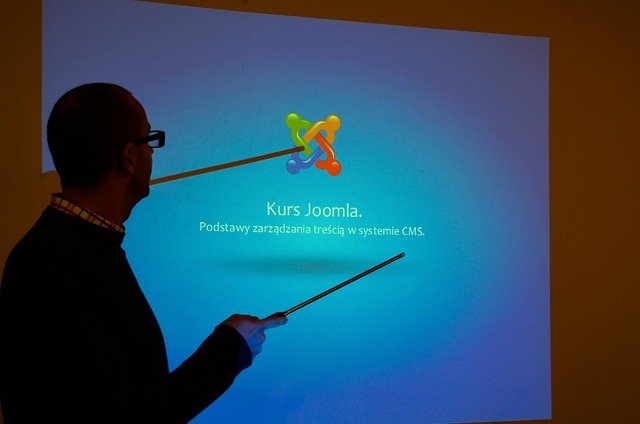Reimagining the Role of Urban Spaces: A Societal Perspective
Urban spaces, once defined by their physical characteristics, are increasingly evaluated through the lens of social interactions and community engagement. This shift in perspective is redefining our understanding of urban landscapes and their role in contemporary society. **Read below** to delve into the social evolution of urban spaces and the implications of this paradigm shift.

Urban Spaces: A Historical Context
Historically, cities were primarily considered in terms of their physical attributes—architecture, infrastructure, and geography. However, as human society evolved, so did our understanding of these urban landscapes. The rise of sociology in the late 19th century encouraged a more nuanced exploration of urban spaces, focusing on the social dynamics and community interactions that give cities their unique character.
The Social Turn: Shifting Perspectives
The 21st century has witnessed a substantial shift in how we perceive urban spaces. Urban sociologists are now more interested in the social interactions these spaces facilitate. A city’s identity is increasingly defined by its cultural diversity, social inclusivity, and community engagement. This social turn has profound implications for city planning, urban governance, and community development.
Urban Spaces as Societal Catalysts
Modern urban spaces serve as powerful societal catalysts, shaping social behaviors, cultural norms, and community identities. Public parks, community centers, and urban markets have become arenas for social engagement, fostering community cohesion and cultural exchange. They influence societal norms, behaviors, and identities, contributing to the broader cultural fabric of the city.
The Societal Implications
This societal perspective on urban spaces is reshaping our cities. Urban planning now prioritizes social inclusivity, cultural diversity, and community engagement. This approach promotes social cohesion, reduces inequalities, and fosters a sense of community. Furthermore, it encourages sustainable practices, as inclusive and engaged communities are more likely to support environmentally friendly initiatives.
The Future of Urban Spaces
The social evolution of urban spaces is an ongoing process. As societal values and norms continue to evolve, so will our urban landscapes. The challenge lies in ensuring that these transformations align with the values and aspirations of the communities they serve. This requires continuous dialogue, collaboration, and engagement.
In conclusion, the shift towards a more societal perspective of urban spaces is a significant development, reflecting our evolving understanding of human society. This reimagined role of urban spaces as societal catalysts promises a more inclusive, engaged, and sustainable future for our cities.




